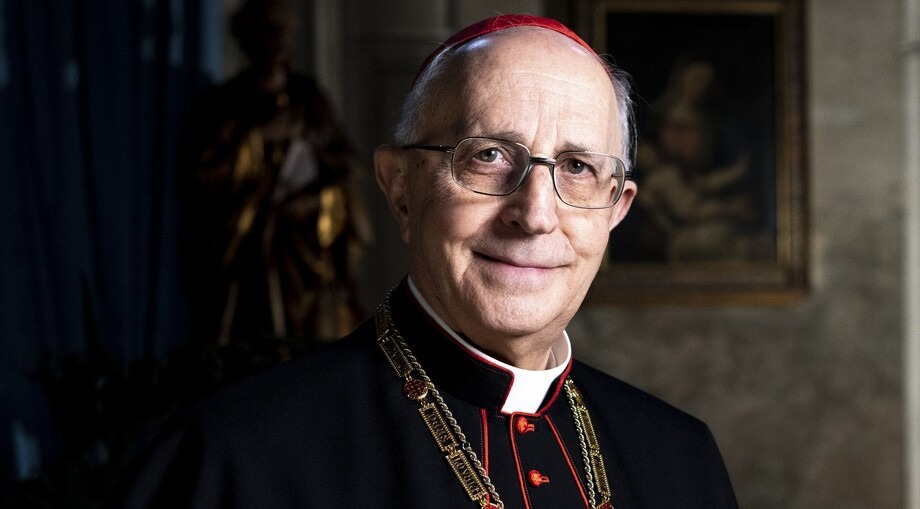There is one institution in the Catholic Church that has a mission that has never changed over the centuries: to care for and support the Christians of the world. Holy Land. It is the Equestrian Order of the Holy Sepulchre of Jerusalem, whose historical origins date back to 1336 and to which it St. John Paul II granted Vatican juridical personality.
Today, the Order has 30,000 lay knights and dames around the world, is organized into 60 Luogotenencies and a dozen Magistral Delegations, and about two years ago renewed its statute with the approval of Pope Francis. "We believe that the Holy Land cannot be considered an archaeological site of faith, but must live a living reality made up of the Christian families that inhabit it and the many pilgrims who visit it every year," explains Cardinal Fernando Filoni, Grand Master of the Order, according to whom the strength of the institution he directs "has its origin in the great enthusiasm that its members put into all the activities we carry out."
In the current complicated international context, how does the Order manage to fulfill its main mission?
- First of all, we must say that we must love the Holy Land: not only for what it represents culturally, but above all for the fact that Jesus was born, lived, preached and carried out his mission of salvation there. Now, supporting Christians means continuing the presence of a living reality in the Holy Land. The first Christian community was made up of the Lord's disciples and has never died out. This means, however, that we must support this "mother Church", which then gave birth, through evangelization, to many other Churches in the world. Therefore, the Churches of the world feel that it is incumbent upon them to support the Church of the Holy Land at this historic moment, because the presence of Christians in these areas has greatly diminished, and if there is no financial contribution, as well as emotional, the Holy Land risks becoming a tourist site, an archaeological site of faith. And we do not want this to happen. The Order's support for the Holy Land serves to help all those who have a reason to live in the Holy Land: not only Christians, but also Jews and Muslims.
Recently, the Order has also been developing in Slovakia and has started expansion projects in Africa: what is this great effort and what is its motivation?
- Our intention is to open up the Order a little more, which is already very present in European countries and North America. The idea is to increase our presence in South and Central America, but also to initiate some projects in Africa and Asia. We are doing all this because the Order is open to all: and the concern for the Holy Land should also lead all the other Churches of the world -minority or majority Churches- to have the Holy Land in their hearts. If the Church is catholic, catholicity must also reach those continental realities less present at the moment, but which must not be excluded. Our knights and dames are not those who occasionally deal with the Holy Land, but they do so with a stability of commitment, and it is nice to think that they can also be formed in countries where the Order is less present today.
Today, what commitment is required of Order members worldwide? Has it changed with respect to the new global geopolitical challenges?
- I always say that the commitment of the members of the Order rests on three pillars: spiritual formation, which is born of the mystery of the Passion, Death and Resurrection of the Lord, love for the Holy Land and dedication to their local Church. In general, our Knights and Dames are lay people, highly trained professionals, who can bring much to each local Church, a truly qualified contribution. Their love for the local Church extends to the entire Holy Land.
How is the Order living the synodal journey?
- The Order is not a diocese, and although I joke that I am a parish priest with 30,000 faithful spread throughout the world, it is not even a parish. Its members are part of the local Churches and, as such, they bring and will bring their contribution to the whole synodal journey.








